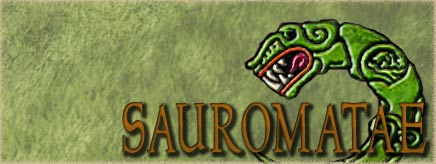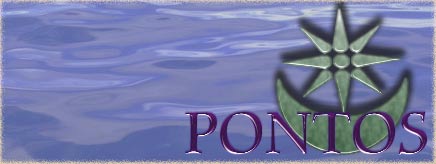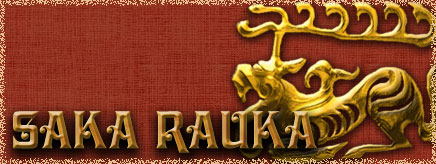
Originally Posted by
Dargaron

So, would the proper way to use the term Celtic be similar to the proper use of the term "Semitic," to refer to a large group of related languages/peoples (depending on the context) that are more-or-less related to each other? So, no one would speak "Celtic," they would speak a Gallic, Brythonic, Goidilic, Celtiberian, Volcae etc language, which is part of a larger Celtic language family. It seems like splitting hairs, but it emphasizes the locality rather than just painting with a wide brush of "Celtic."




 Reply With Quote
Reply With Quote


 donated by ARCHIPPOS for being friendly to new people.
donated by ARCHIPPOS for being friendly to new people. donated by Tellos Athenaios as a welcome to Campus Martius
donated by Tellos Athenaios as a welcome to Campus Martius






Bookmarks